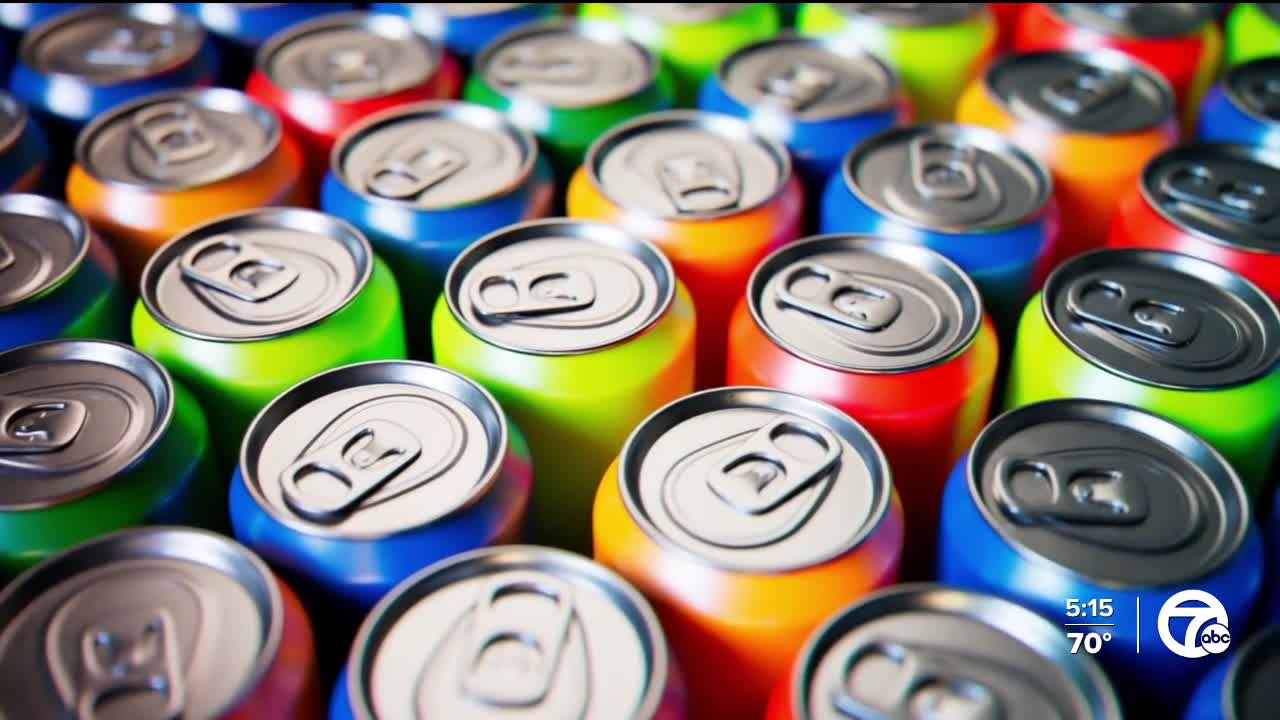(WXYZ) — In today’s Health Alert, researchers found that what you drink every day may affect more than just your waistline. A new study suggests sugary sodas and fizzy drinks could raise your risk of hair loss.
The researchers looked at 17 studies on diet and hair health. What they found is that people who drink a lot of sodas and fizzy drinks – more than 3,500ml per week or about 11 cans - were more likely to have thinning hair or hair loss.
So, why might that be? Well, excess sugar is linked to poor circulation and inflammation. That can weaken hair follicles and contribute to hair loss.
Aside from sugary drinks, the researchers found some other interesting links. Low vitamin D levels were linked to worse cases of both androgenetic alopecia - the medical term for genetic pattern baldness - and alopecia areata - an autoimmune disorder where the immune system mistakenly attacks hair follicles. Also, too much vitamin A or retinol was tied to more severe autoimmune hair loss. And alcohol was also linked to more hair loss and slower hair growth.
Hair loss is very common. By age 50, about 85% of men and nearly half of women will experience some form of it.
On the positive side, the review suggests that keeping vitamin D at healthy levels may protect against both genetic and autoimmune hair loss. Iron can also play a role, as supplementation was linked with improved hair growth in women with feminine alopecia. Also, protein intake may play a role in keeping hair strong. And some evidence suggests soy, veggies like broccoli and cauliflower, and certain multi-nutrient supplements, may also support hair health.
So, if you’re noticing hair loss, focus on eating well, getting enough vitamin D, iron, and protein, and cutting back on sugary drinks and alcohol, which is what we should all be doing anyway. And if you’re concerned, talk to your doctor.
There are effective treatments like Minoxidil, Finasteride, and laser therapy for some types of hair loss. New treatments are also being studied. For example, an experimental medication, called PP405, showed early success in regrowing hair in both men and women within just a couple of months.
The encouraging news is that, in many cases, there are steps you can take to slow hair loss or even improve it.




